I may get commissions for purchases made through links in this post.
“Why hide my IP address? I have nothing to hide”. Be that as it may, each time you do something online, which is pretty much all the time, websites, advertisers, criminals, governments can, or may be, looking over your shoulder.
Even if you don’t fall victim of phishing scams or other forms of cyber crime there’s always the NSA and other government agencies are tapping our personal data.
It’s kind of frightening if you think about it but our online security is vulnerable to say the least. We are often exposed to snooping eyes and prying ears without knowing it. Our privacy is seriously endangered and identity theft is an increasing problem worldwide.
In these days when your personal information is out in the open, privacy protections tools are a must.
We use the internet more and more and as a result we share much more of ourselves. Information that may be confidential or just personal. It’s more than ever essential to prevent being fooled. Simply put, a lot of things we carelessly scatter on the web are just none of someone else’s frickin business.
There are basically two reasons to use a virtual private network, either for security or for privacy.
How can I hide my IP address?
No reason for panic though. You can thoroughly protect yourself on the Wild Wild Web. You can use private web browsers, Tor, encrypted messaging clients, proxies, and other tools to increase your privacy online.
The best way to hide your personal, confidential, and just (sensitive) data from snoopers lurking in the obscurity is by using a VPN.
What is a VPN?
A VPN increases your online privacy and security. It’s like the curtains in your home, they provide privacy regarding your activities while your home’s address is public.
Which is an important distinction as, contrary to popular lore, a VPN does not make you anonymous A Virtual Private Network (or VPN) is a method used to enhance or add security and privacy to private or public networks.
They are essentially the virtual, wireless version of a traditional network and are typically used by schools or businesses to keep their information secure and to keep everyone on the same network.
That reason aside, there are many other convincing reasons to start using a VPN.
The Top 7 Reasons to Start Using a VPN
1. You Get Full Access to Streaming, Wherever You Are
Due to certain copyright agreements, websites like Netflix, Pandora, YouTube and Hulu restrict access to certain content if you’re not in the US.
Whether you’re on vacation and need your Game of Thrones fix, or live in a country where content is blocked, such as Europe, Canada or Australia, a VPN can manipulate your IP address, effectively tricking these websites into playing the content you want to see. No need to suffer from Daredevil withdrawal symptoms during your stay in Europe.
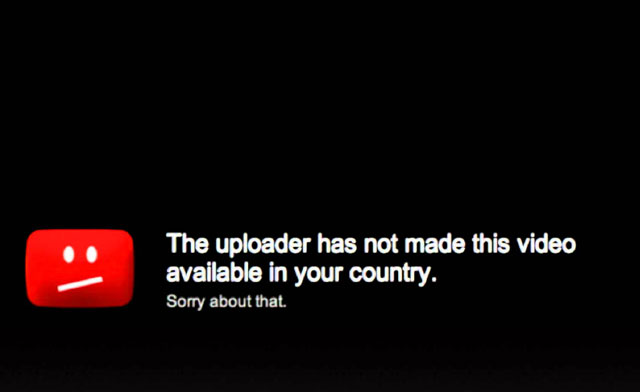
2. You Can Bypass School or Workplace Restrictions
Many schools and workplaces will block websites that they think are inappropriate. Depending on the school or workplace, this can mean restricted access to websites pertaining to illegal matters.
However, their ‘Acceptable Use Policy’ may even prevent you from checking your Gmail. Or institutions will prevent their students or employees access to Facebook, Twitter, and other social networking sites.
A VPN lets you ‘tunnel out’ of the restricted network and have full access to the internet again. Finding a way to watch porn at work may be a tad disputable but more noble causes exist (see the next reason).
Additional benefit: your browsing is scrambled while using a VPN. This way the administrator can’t see you have been surfing the web. Nor collect or record your web activities.
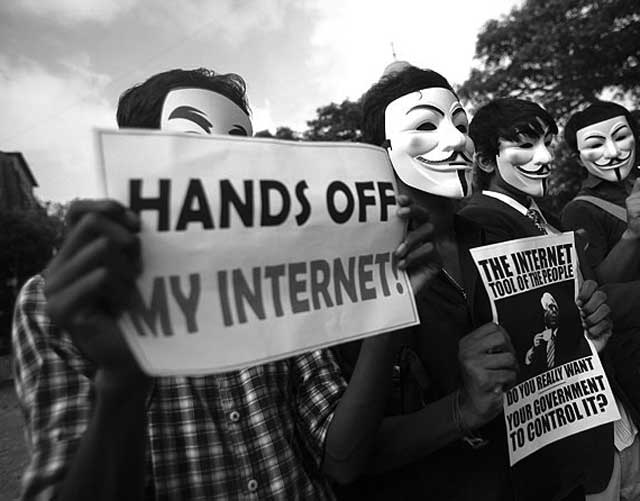
3. You Can Bypass National Internet Censorship & Content Surveillance
Bypassing restrictions worked well in countries which governments censor access to the internet, such as China, Afghanistan and Egypt.
People living in countries with oppressive internet censoring can use a VPN to bypass the restrictions and browse the internet freely. Ironically the lack of internet freedom (partially) caused the uprisings on social media that hatched the Arab Spring.
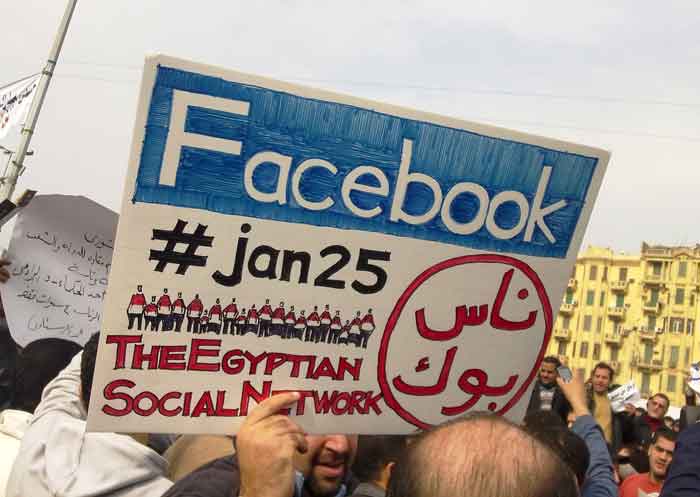
4. You Can Use Public WiFi Safely and with Peace of Mind
You must have lived under a rock to not know by know that the WiFi at your library, air port, or local coffee shop is definitely not secure. Prying eyes, sniffing and as a result, data theft lurk.
Shady hacker types are staking out on such places to prey on easy victims. Using a public WiFi to check emails, do banking, or anything else that involves the use of private and confidential information is very risky. It’s ridiculously easy for anyone, even just a little tech-savvy kid with a laptop, to intercept your WiFi signals and gain access to sensitive information.
Investing in a VPN is a great idea for anyone frequenting public WiFi hotspots, as it encrypts your data and makes it significantly harder to intercept. Your identity is now protected on open networks because a VPN creates a virtual link to safely receive and transfer data between your computer and the network.
A VPN allows you to safely internet bank at the airport as hackers have to first perform the exploit procedure and then decrypt your captured data. This could technically be done but is too time consuming and tedious for any digital hoodlum to even think about it.
What’s more is that it’s extremely unlikely, if not impossible in those few minutes an online banking session typically takes, to hack your account or steal your money.
Are you a traveler or use public wifi a lot? A VPN will let you use your laptop with confidence and can safe you a lot of misery.
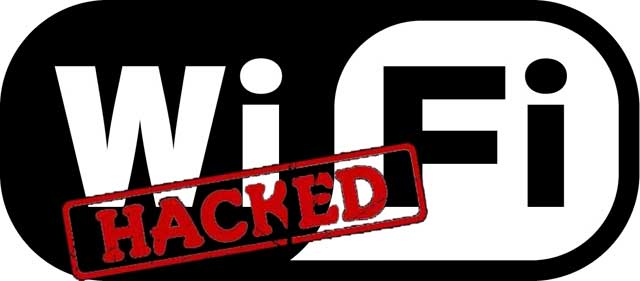
5. You Get To Keep Your Private Searches Private
Search engines like Bing and Google keep track of what you’ve searched with the innocent intention of being able to help you with future searches. But you would have to be very trusting to take this for granted. What was Google’s tagline again, “Don’t be evil” right?
Another reason for cataloging every web search you make is to tailor advertising and future SERPs (search engine page results) to you. If you’re searching something that you might not want others to see when they jump on your phone or laptop, it’s a good idea to invest in a VPN to cloak your IP, make your searches untraceable, and avoid awkward questions.
Search engine logging of your search phrases may be useful and seem unobtrusive but it can also encompass a risk for future public embarrassment. Keep those ‘how to cure rectal itch’, ‘i have a crush on my sister in law’, and ‘how to get away with stealing paper clips from your boss’ to yourself.
They may never come to light but it’s better to be safe than sorry. Don’t trust Google on their moral policy, take matters into your own hands with a VPN. 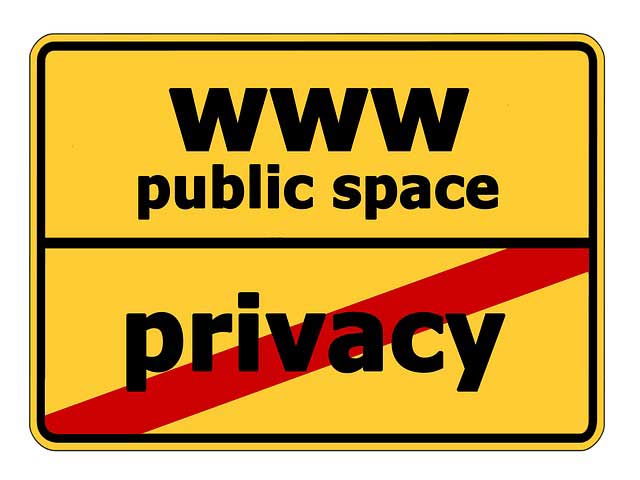
6. A VPN Lets You Download and Share Files Safely
A VPN is a godsend to folks using torrents or other peer-to-peer sharing software. With law enforcement cracking down in piracy and file sharing in a lot of countries, you can never be too careful.
In reaction to recent digital developments, movie and music mastodons of the old analog world are convulsing, lashing out aggressively at file sharers. The huge corporations pose as fellow file sharers, eavesdrop on your IP signal and don’t hesitate to take legal action to those nibbling at their monopolist wealth.
A good VPN will disguise your downloads, uploads and IP address, serving as protection from surveillance and law enforcement, letting you file share in peace. You a file sharer? Avoid civil lawsuits or copyright prosecution, spend 15 dollars a month on a good VPN. It’s definitely worth your freedom.
Why downloading is not theft and file-sharing is liberating the people
Note: Downloading or copying is not theft. Stealing is when you take something from someone else and that person does not own it anymore. Like ‘banksters’ stealing a whole generation’s savings worldwide. Vaporizing the bank accounts of hundreds of thousands of people.
Rendering whole countries bankrupt while no-one has been punished for that. Not a single soul has been sent to jail. But if you download you might get your front door kicked in and thrown in prison. So hide your online ass to protect yourself from this utterly corrupt system that protects the big whales and fucks the small fish.
Remember to support artists while you are at it. So they can keep producing the music you enjoy. What’s more is that digital copies are a new development sparking new business models where artists thrive. Digital copies, especially in combination with new technologies like Bitcoin, which allows micro-payments, offer small musicians and other artists to earn more.
They get to sell their art without having to be dependent on big corporations taking nearly all of their earnings. Or, because they can sell “a listen to a song” for a few pennies, consumers benefit too. All in all, downloading is the vessel to a more democratic form of creating and enjoying art.
A direct connection between artists and consumers is created. The entertainment industry has to adapt or be damned, which is a good thing since they were never in it for our interests but solely for their own – think frustrating DVD region codes and not being able to buy data DVD’s more than 9Gb.
Studies show that illegal music downloads have essentially no effect on the number of legal music downloads, according to Professor Stuart Green from Rutgers University Law School. It’s ‘Lateral Power’ part of the Third Industrial Revolution, as coined by Jeremy Rifkin.
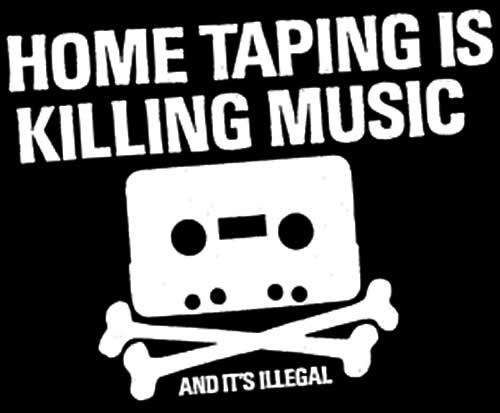
7. Because of Your Basic Rights on Internet Privacy as a Browser
Even if you’re not downloading torrents, you’re not making embarrassing Google searches, you’re not using public networks and you have no need to bypass the restrictions of your workplace, privacy is a basic right, as is the right to browse freely.
Not only that, surveys show that most people agree that internet access is a human right. It’s not necessarily a matter of avoiding getting caught doing something you shouldn’t; it can simply be a matter of wanting the right to use the internet without being monitored.
The internet is the platform for global citizenship. It makes us share knowledge and creates economic opportunities all over the world. Currently it’s revolutionizing health care and education. It creates empathy, stimulates helping each other in case of disasters and so on.
The internet connects us all. Some call it the Messiah of interconnectedness. It makes us realize we are not alone, we are all one. Corporations and governments invading our privacy is something we can not use and should not take. It may be worth investing in a VPN just for the sake of privacy and having the right to use the internet freely. Let’s take back our internet.
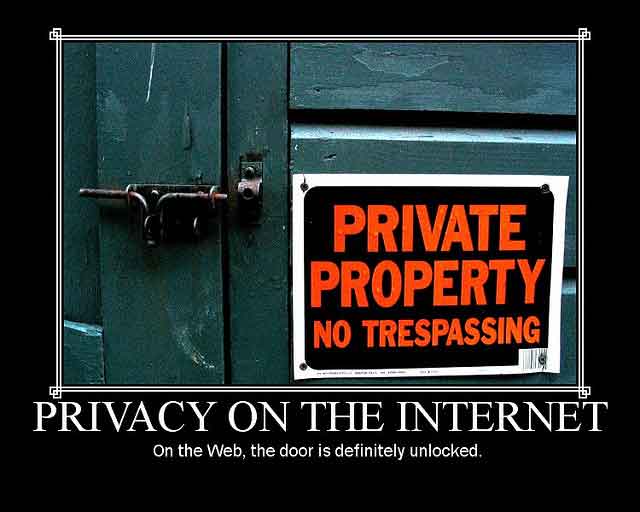
Privacy vs Anonymity, here’s what you should know
Do you make the mistake of thinking that privacy and anonymity are the same thing? You read that right, it’s definitely not the case. While you can browse the Internet privately, you cannot do it anonymously.
Being anonymous by definition means that you are not in any way named or identified, and a VPN, or any other method for that method, while increasing privacy, cannot get rid of all identification.
While a VPN cannot make you anonymous, it does greatly increase your privacy. It makes your actions on the internet significantly harder to trace back to you, including embarrassing searches and peer to peer downloads. It makes your information harder for outsiders to obtain, including sensitive passwords or banking information, and even your location for when you’re trying to access those restricted streaming services.
While a VPN scrambles your information, making any identifiers like an IP address harder to trace back to you, the IP address is still there. Privacy is a significantly more realistic goal than total anonymity, and for all intents and purposes, should fill your internet usage needs.
So for accessing blocked websites, region restricted content, bypassing network filters, accessing Facebook, Skype and Twitter in countries that block these connections, or just stopping your Internet Service Provider (ISP) from peeking into your business, a good VPN is your friend.
Which VPN to choose?
The best VPN services are very easy to use and don’t require you to be a tech-savvy whizkid. Go for one of the bigger players in the VPN market with most of their paid subscribers located in the US, Canada, and Europe.
There are many providers to choose from.
I like NordVPN as they are generally the best reviewed VPN. Their service is fast (especially those free VPN’s might severely slow down your internet connection), they are secure (double encryption etc, I won’t bore you with the tech specs), and take your privacy very seriously. On top of that they have very good customer service.
They offer a 30 days money back guarantee and you can make use of their 3 day trial for new customers to see if it’s for you.

Images: Creative Commons, Anonymous mask gaelx, protest, Egyptian revolution, Tiger M@te, Wifi, town sign,



















Link exchange is nothing else except it is just placing the other person’s blog link
on your page at proper place and other person will also
do same for you.
I agree with you to use VPN as compare to others. Even search engines private browsers, tor, etc are also not secure. So, VPN is must to go with nowadays.
Do you have a spam issue on this site; I also am a blogger, and I was wanting to
know your situation; we have created some nice methods and we are looking to trade methods with other folks, be sure to shoot me an email if interested.